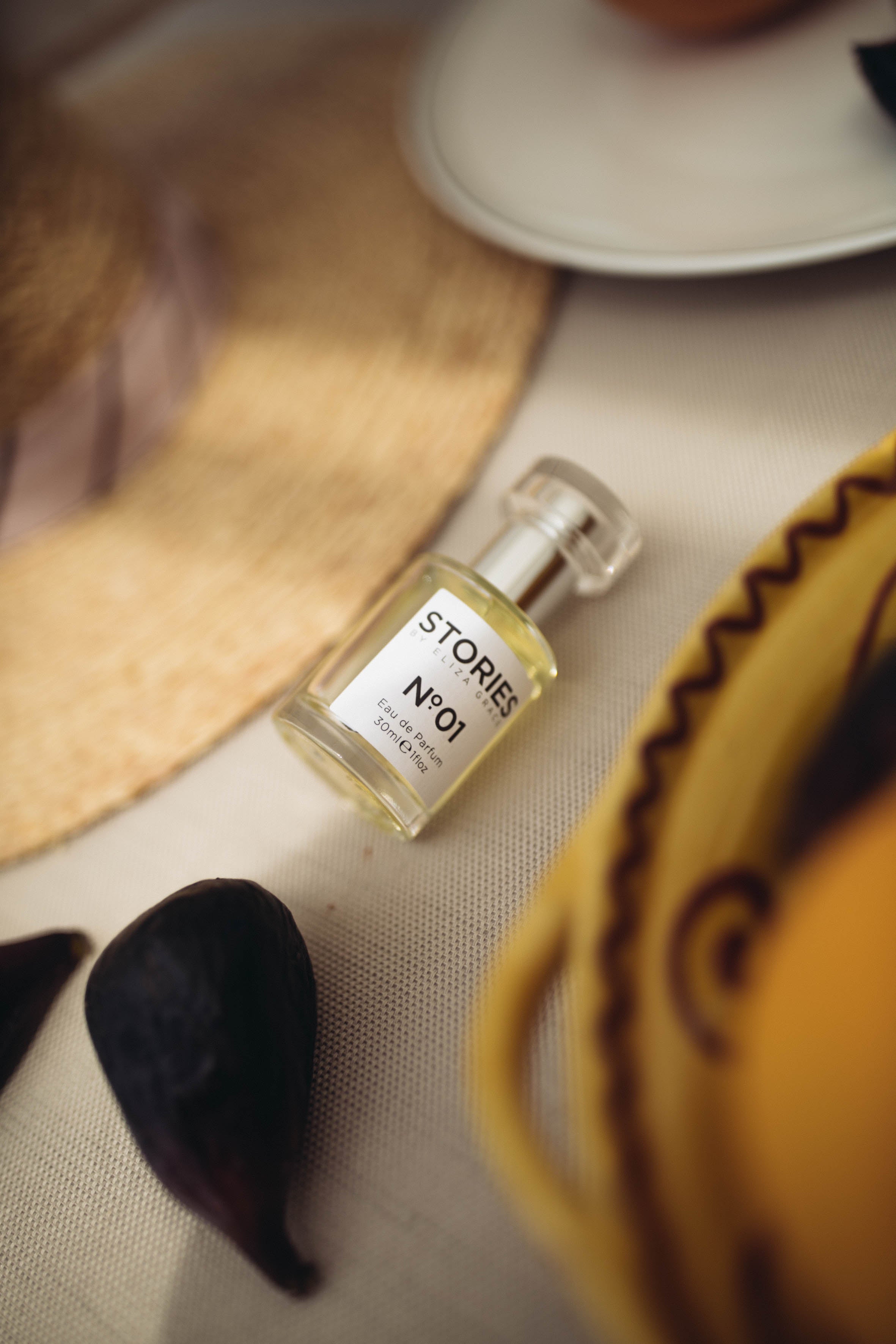A conversation on the value of synthetics in perfumery.
I am not sure who first came up with the idea of harvesting the secretions of a civet cat’s glands for use in perfumery. We can, however, trace the use of this ingredient as far back as the 10th Century B.C. when the Queen of Sheba gave it to King Solomon as a gift. On its own, the musk is reminiscent of animal faeces but when blended by a perfumer it brings a level of sensuality to perfume like no other. You may not have realised, but many of the world’s top perfumes feature this unique note.
Nowadays, this material is produced synthetically to great effect. This process is called Reconstruction. It is the method by which an odour is reproduced to trick our brain into thinking we are smelling the real thing.
Complex Conversations
The conversation around sustainability is complex. One moment I am diligently recycling my plastic milk cartons, the next I am researching raw milk providers in a bid to avoid these single-use plastic containers. Do we recycle or repurpose? Should we eat locally grown or organically farmed? Do we ditch the airplane or the car? Is it better to choose perfume with natural ingredients or those containing sustainably sourced synthetics?
Charles Sell, author of The Chemistry of Fragrances, dispels the myth that natural is always best. Many of the extraction and production methods of essential oils have a higher environmental impact than the production of synthetic chemicals. It is also problematic when the plants used are in danger of extinction.
Synthetics in perfumery were first used in 1882 and were essential in the development of modern perfumery. There are some notable benefits of synthetic ingredients. One is that we can enjoy scents that are rare or prohibitively expensive to produce. This applies to animal products like civet musk that are considered ethically dubious. Another is that the process of extracting natural isolates means scientists can isolate components of natural ingredients and discover entirely different worlds of scent. Synthetic notes created in laboratories have forged exciting new paths in perfumery. Used in moderation, these ingredients add a sparkle and a shine to fragrance that is effervescent and exiting. If overused, they become crass and vulgar.
Many perfumers opt for a balance between natural and synthetic. Their reasons include the need to keep costs down, avoiding natural ingredients that are not sustainably sourced, using a synthetic option for ingredients reported to cause allergic reactions and ensuring consistent quality of their product.
Sustainability Stories
Alongside the growth of synthetics there are sustainability success stories such as the protection of wild Sandalwood trees in Sri Lanka. The trees were, until recently, in danger of extinction in South Asia. Indian Sandalwood Album has a beautiful, pale heartwood and is regarded as a prized ingredient in perfumery. Its scent is soft and reassuring. If used in an Oriental harmony it brings sweet, balsamic softness. Founded by BioPower in 2007, the sandalwood plantation in Sri Lanka is not what one might expect. Sandalwood trees flourish in the wild. The plantation is protected in so far as it keeps animals and thieves out and allows the natural propagation of the trees to take place. The project was awarded an organic certification by ControlUnion which proves that the project is looking after the soil, water, the ecosystem and the people in its employment.
Top Quality and Sustainable
These stories go to show that sustainability in perfumery is not cut and dry. Every ingredient is unique. Each has its own story from raw ingredient to finished product. Some of these stories include pickers rising at dawn to remove blossoms, others involve committed and creative scientists. The extraction procedures of raw materials are varied and constantly evolving. As consumers, we should do our research. We should ask questions and have an open mind.
STORIES Parfums is committed to using top quality materials and we hold this in tension with a strong focus on sustainability. This is an ongoing conversation and we would love you to contribute.





1 comment
Of course, sustainability is a concern. But there is another very important reason for opting for natural. Phthalates, parabens, synthetic musks – all endocrine-disrupting. This is a fact.
Michelle
Leave a comment
This site is protected by hCaptcha and the hCaptcha Privacy Policy and Terms of Service apply.